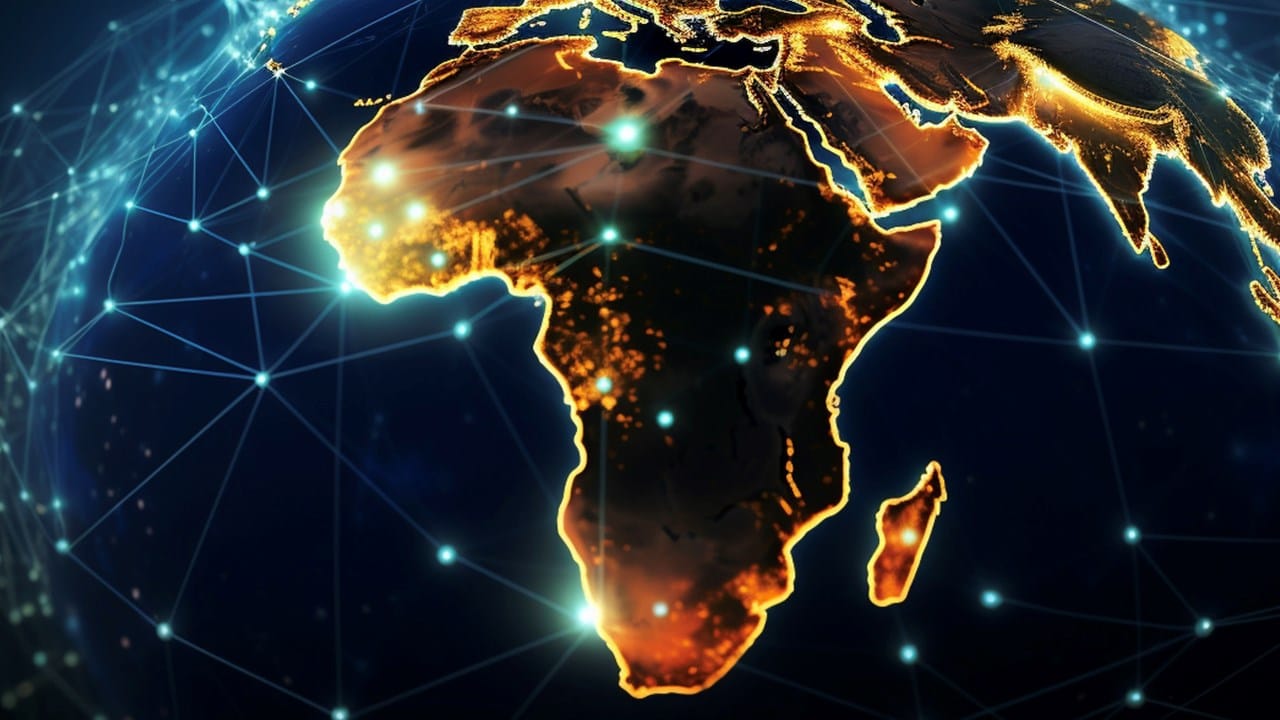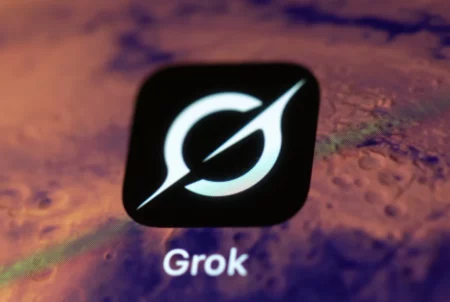The GSMA has announced two major initiatives aimed at closing Africa’s digital divide — one focused on smartphone affordability and the other on inclusive AI language development. Together, these efforts mark a coordinated push to expand digital access for millions across the continent.
Affordable Smartphones for All
The GSMA Handset Affordability Coalition has brought together six of Africa’s largest mobile network operators — Airtel, Axian Telecom, Ethio Telecom, MTN, Orange, and Vodacom — to define a new category of low-cost 4G smartphones with baseline performance standards.
The goal: make smartphones accessible to the hundreds of millions still offline due to high device prices.
According to the GSMA’s State of Mobile Internet Connectivity 2025 Report, more than 3 billion people globally live within mobile broadband coverage but do not use the internet, largely because devices remain unaffordable.
The GSMA Intelligence Unit estimates that:
- A $40 smartphone could bring 20 million new users online in sub-Saharan Africa.
- A $30 device could connect up to 50 million additional people.
“Access to a smartphone is not a luxury – it is a lifeline to essential services, income opportunities, and participation in the digital economy,” said Vivek Badrinath, Director General of the GSMA. “By uniting around a shared vision for affordable 4G devices, Africa’s leading operators and the GSMA are sending a powerful signal to manufacturers and policymakers.”
To lower barriers, the GSMA will:
- Engage OEMs to define and manufacture entry-level 4G smartphones that meet agreed minimum specifications for memory, camera, display, and battery life.
- Urge African governments to remove or reduce taxes on devices priced below $100, which can currently inflate costs by more than one-third in some markets.
Building Africa’s Own AI Voice
In a separate but related move, the GSMA has launched a pan-African collaboration to develop inclusive AI language models and strengthen the continent’s AI ecosystem.
Partners include Cassava Technologies, Airtel, Axian Telecom, Ethio Telecom, MTN, Orange, Vodacom, and leading African AI companies such as Lelapa AI (creator of the first African-language LLM) and Pawa AI.
The goal is to address the language exclusion embedded in global AI systems. Today, most large language models are trained on a narrow set of world languages, excluding the vast majority of Africa’s 2,000+ native tongues.
“In Africa alone, more than 2,000 languages are spoken, yet only a fraction are supported in digital systems or AI models,” the GSMA said. “This lack of inclusion risks widening existing digital and economic divides.”
The initiative will establish working groups dedicated to four key pillars:
- Data – developing diverse, high-quality linguistic datasets.
- Compute – expanding access to affordable computing infrastructure.
- Talent – building local AI expertise.
- Policy – creating governance frameworks that support ethical and inclusive AI innovation.
Participants will showcase outcomes at future GSMA events, ensuring transparency, collaboration, and measurable progress toward a more inclusive AI future.
A Unified Vision for Africa’s Digital Future
By integrating efforts across connectivity and artificial intelligence, the GSMA is advancing a dual strategy — connecting the unconnected while empowering local innovators to shape Africa’s digital destiny.
“This collective effort will drive innovation and empower local industries, strengthening digital sovereignty and accelerating the scaling of AI across the continent,” the GSMA concluded.
The organisation is inviting startups, researchers, creative industries, civil society, and global tech partners to join this effort — signalling that Africa’s digital inclusion will depend not on isolated projects, but on shared infrastructure, shared data, and shared ambition.






